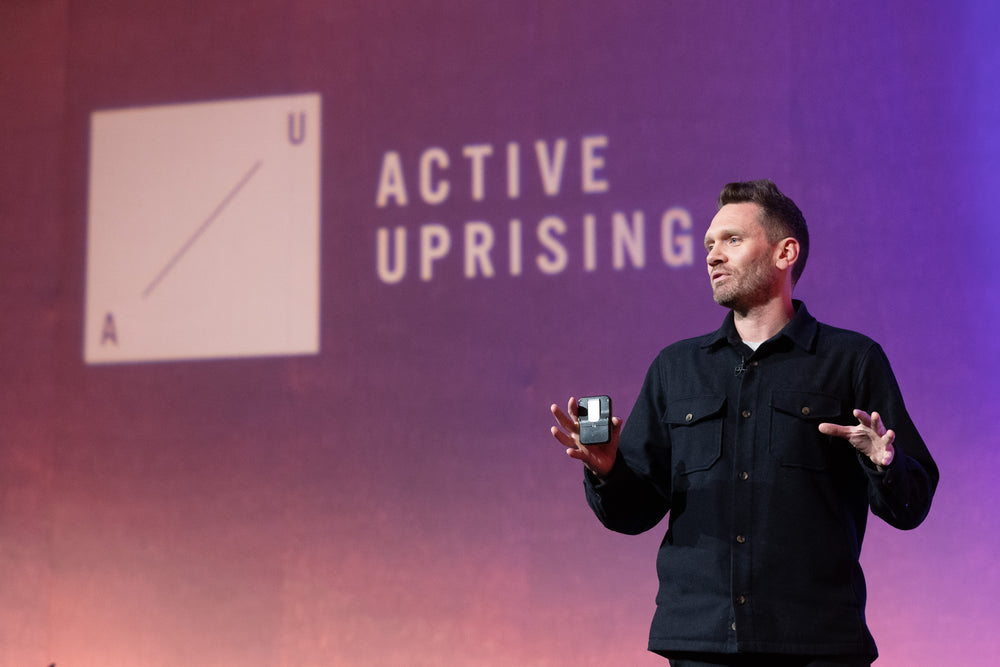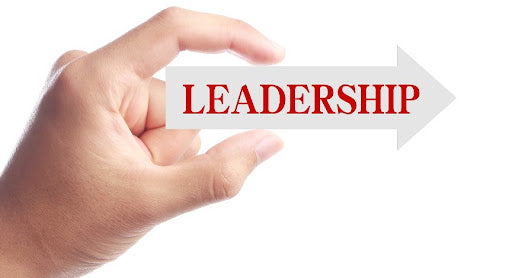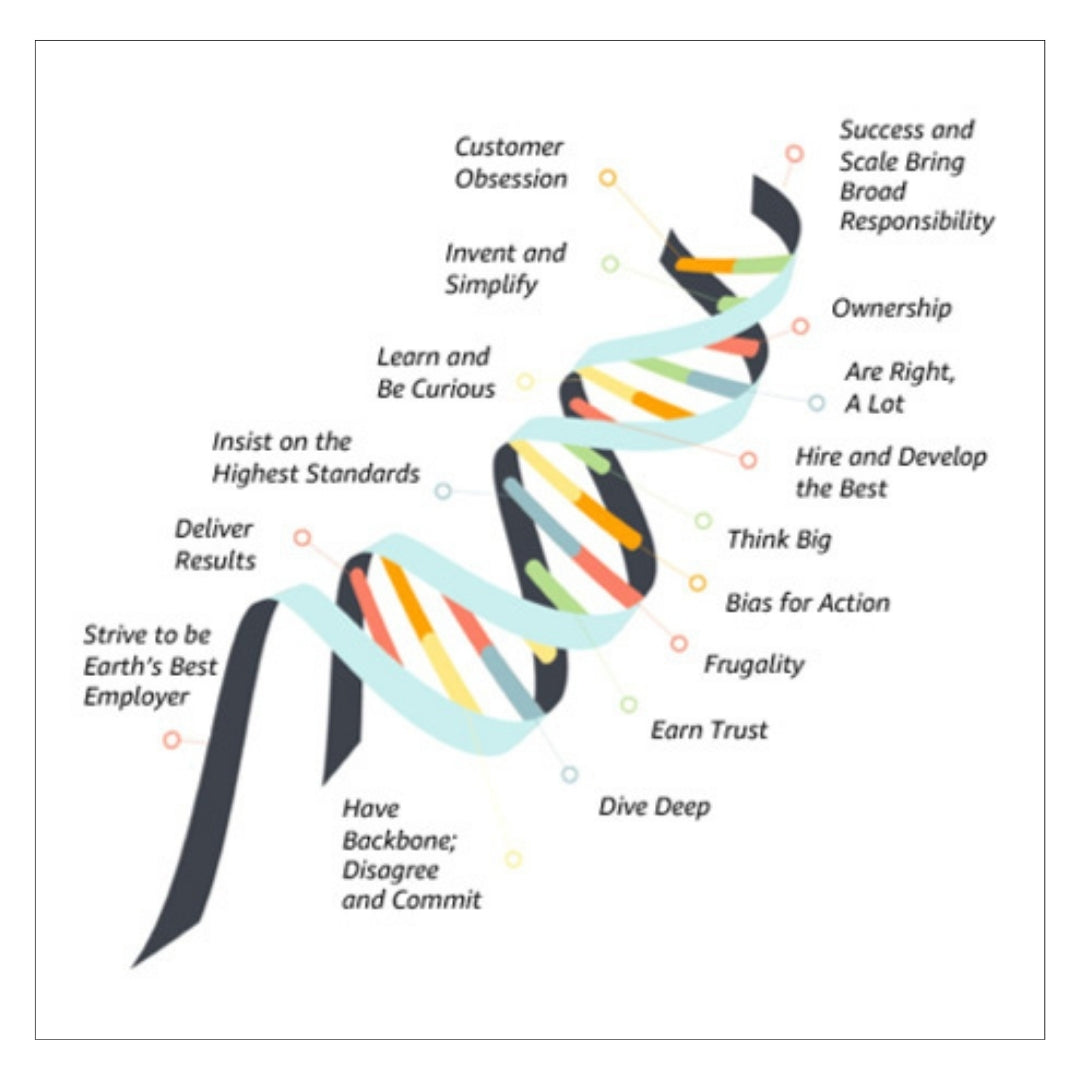Train your Brain for Influential Conversation

What stands in the way of building strong relationships, great negotiations and resolving conflicts in the workplace?
It’s not difficult conversations. It’s not difficult people.
You got it, it’s you.
And guess what, you wouldn’t want it any other way.
Hear me out.
Today I’m going to share:
- Where the power lies in conversation.
- How to prime your mind for everyday conversation.
- The key to a powerful conversation and getting to yes.
Most of the time we show up in conversations unprepared.
We show up to meetings and act in accordance with how we feel at that moment and at worst, are guided by what others do and say.
A lack of preparation leads to unhealthy conflict, avoidance of healthy conflict, ‘the chameleon effect’ and being inauthentic.
Consequently, you miss out on opportunities to build trust, deep relationships, nurture opportunities and serve up win-win outcomes.
You’re in a conversation but you’re not in THE conversation.
You feel on the back foot, thinking about what to say next, react emotionally and wonder why you feel lost.
It doesn’t have to be like this and it’s within your grasp to change how you show up to conversations.
You no longer need to be a passenger in the conversation, you can be the driver of it.
A powerful conversation starts with you.
- Not with what your colleagues say.
- Not with what your boss does.
- Not with what you think your clients are thinking.
You have the key to unlock conversations that get you what you want. But most importantly, create conversations that people remember.
The success behind a powerful conversation doesn’t start in the conversation. It starts before the conversation has started.
An Olympic champion doesn’t deliver a gold medal performance by chance.
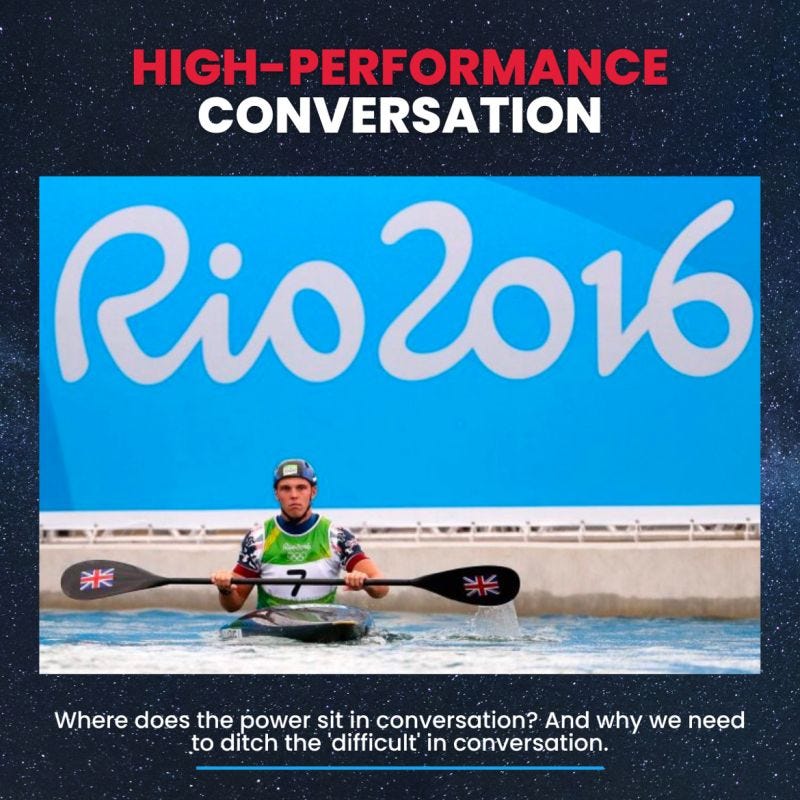
📸 of Olympic Champion Joe Clarke (Canoe Slalom).
It starts with a mental rehearsal.
That’s right, the success of a conversation outcome is determined directly by what you do before the conversation itself.
Why’s that?
Research and case studies have demonstrated over and over again that tapping into the power of mental and emotional rehearsal increases performance output.
With specific techniques and strategies, you can programme the brain to imagine the conversation before it happened.
This process reduces uncertainty, creates safety and familiarity, and enables you to optimise an effective conversation.
The mental rehearsal generalises to real life situations, providing a sense of mastery even before the conversation takes place.

But let’s be clear. This isn’t pop psychology, ‘let’s wish’ the conversation goes well.
Mental rehearsal is not about…
- positive self-talk: telling yourself ‘it’s going to be okay’.
- only about imagining yourself delivering a successful conversation.
- it’s not about looking back at past successful conversations (the mind will kindly remind you of the unsuccessful ones too).
Absolutely not. Mental rehearsal is a highly effective method for preparing for both the expected and unexpected aspects of a conversation. By visualising the ideal outcome and anticipating potential issues, you can approach the conversation with confidence and a strategic mindset.
An ‘emotional warm-up’ prepares you in a structured way to finish a meeting with a higher probability of gaining trust, solving a problem, negotiating a higher price, and fundamentally, feeling good about yourself.
Preparation in itself creates new mental pathways in the brain that creates real life experiences.
In a stressful and volatile situation, our brain’s way of coping is to look for what it already knows.
It retreats to familiarity. If the brain has a ‘helpful mentally rehearsed programme’ for this situation (i.e. conflict in a conversation), it will rely on this pre-programmed response.
You have the power to train your brain to determine your response to a situation before it’s even happened.
But even before this, we must rethink the way we look at conversations.
I think we need to ditch the ‘difficult’, in ‘difficult conversation’.
The language we use determines the emotions we feel and the actions we take.
You’re setting yourself up for failure before you’ve even had the conversation.
Difficulty resembles threat, and threat creates defensiveness, disadvantage and probabilities of being outmanoeuvred.
This primes the brain to see conversations as a competition.
- You vs them.
- A winner and a loser.
Whether a high-stake negotiation, a performance management review or asking for a pay rise, competition, dominance or being tough isn’t the answer.
The conversation might need to be honest, assertive, vulnerable or direct.
They resemble a starting point of a specific way of communicating. Difficult just carries an unnecessary ‘empty’ emotion.
When we think it’s difficult, it becomes difficult. You become what you think.
Mental preparation requires a conversation with yourself about how you want to show up, how you want to make people feel and what you want out of the conversation.
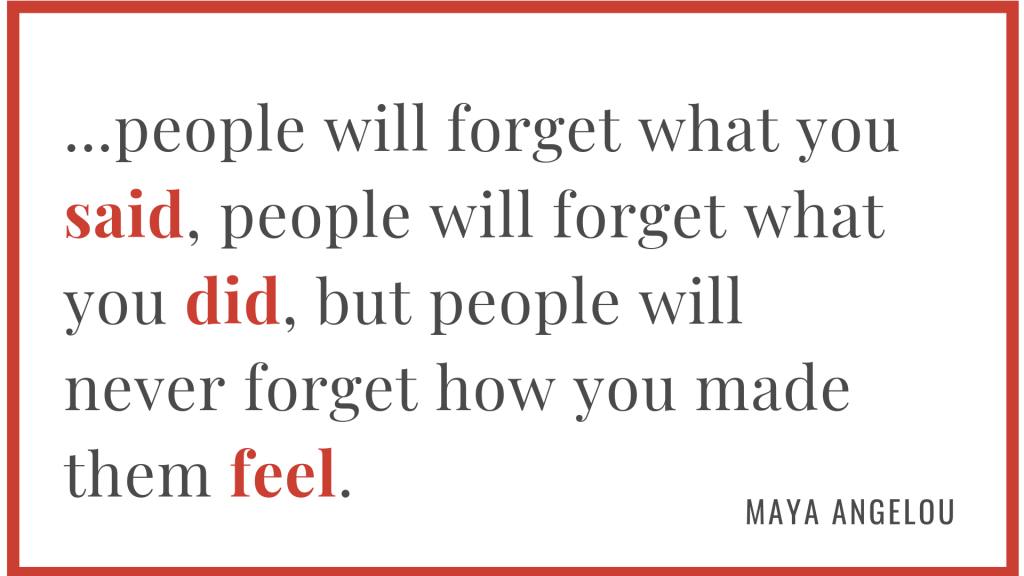
By building a bespoke step-by-step mental routine, you start meetings ready.
But that’s just the start. Of course, it’s the performance that matters. You need the skills to ‘navigate’ the uneven terrain of conversation.
What does a high-performing conversation look like?
It depends yet there are clear principles of engagement:
- Curiosity-provoking questions.
- Tactics to find the common ground.
- The ‘seen, heard & help’ spirit.
- The power of silence.
- The ‘record’ and ‘playback’ strategy
Powerful conversation isn’t about being soft or strong. It’s finding the voice that’s right for you.
What can you do today to prepare for your conversations?
This has been a popular topic (and no wonder given we have on average 27 conversations a day) and many have you have been to ask how you can work with me:
Workshops/talks
I deliver talks and workshops in companies and conferences. You can reply to this email for more information. Here’s a kind testimonial:
“Dean’s talk was thought-provoking, inspiring and impactful. His use of story, particularly his experiences working with athletes, made it a memorable 45 minutes for our team. I’m now having more conversations that previously felt difficult (whilst still a little scary!!). Thanks Dean”.


